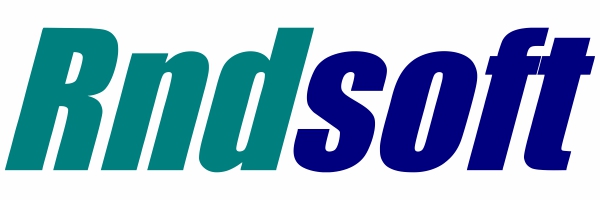AI, Connected Platforms, and Patient-Centred Design
Telehealth is undergoing rapid expansion. Analysts predict that by 2050, the global digital health industry will exceed AUD 1.2 trillion in value, with millions of professionals supporting virtual care ecosystems. This growth is driven by the urgent need to shift from reactive treatment to proactive, individualised care. Currently, many patients follow generalised health protocols. However, in the coming years, we will see an increase in digitally guided care plans, personalised through AI, wearable data, and longitudinal health records. This transformation will redefine how chronic diseases are managed, how recovery is monitored, and how patients engage with their health journeys through real-time diagnostics, preventive consultations, and behavioural nudging.
A Robust and Expanding Market
Healthcare organisations are investing in smart platforms that connect hospitals, insurers, and patients through virtual channels. Care personalisation now relies on machine learning models trained on large datasets to improve medication adherence, identify deteriorating conditions before they escalate, and predict patient outcomes more accurately than traditional methods. Digital health platforms can now support thousands of patients at once, from rural clinics to urban centres, through a decentralised model of care that is both cost-effective and clinically sound. As new global partnerships emerge, technology providers are not only meeting local demand but also helping to define international standards for integrated telehealth.
Data-Driven Personalisation Requires Infrastructure
Health data interoperability, AI transparency, and patient consent mechanisms are essential foundations for personalised care delivery. In the coming years, digital health infrastructure will increasingly integrate edge computing, 5G connectivity, and cloud-native platforms to support complex analytics in real time. The secure transmission and ethical use of patient data will be critical. Global markets with high mobile penetration and strong privacy frameworks are expected to lead telehealth innovation. Local providers are now trialling AI-driven platforms that can adapt care plans dynamically, provide clinicians with real-time alerts, and support patients in confidently managing their conditions.
At Telehealth Australia 2026, companies will showcase pioneering solutions that are redefining patient engagement and clinical precision in the era of virtual care. From adaptive digital care pathways to intelligent triage systems and real-time remote diagnostics, this is where the future of healthcare delivery takes shape: responsive, connected and personalised.





















